Paris, Fin de Siècle: Exhibition explores the Parisian art scene of the unsettling late 19th century
Paris, Fin de Siècle: Signac, Redon, Toulouse-Lautrec, and Their Contemporaries is a new exhibition at The Guggenheim Museum Bilbao that analyses the Parisian art scene, underscoring the most important French avant-garde artists of the late 19th century, particularly the NeoImpressionists, Symbolists, and Nabis.
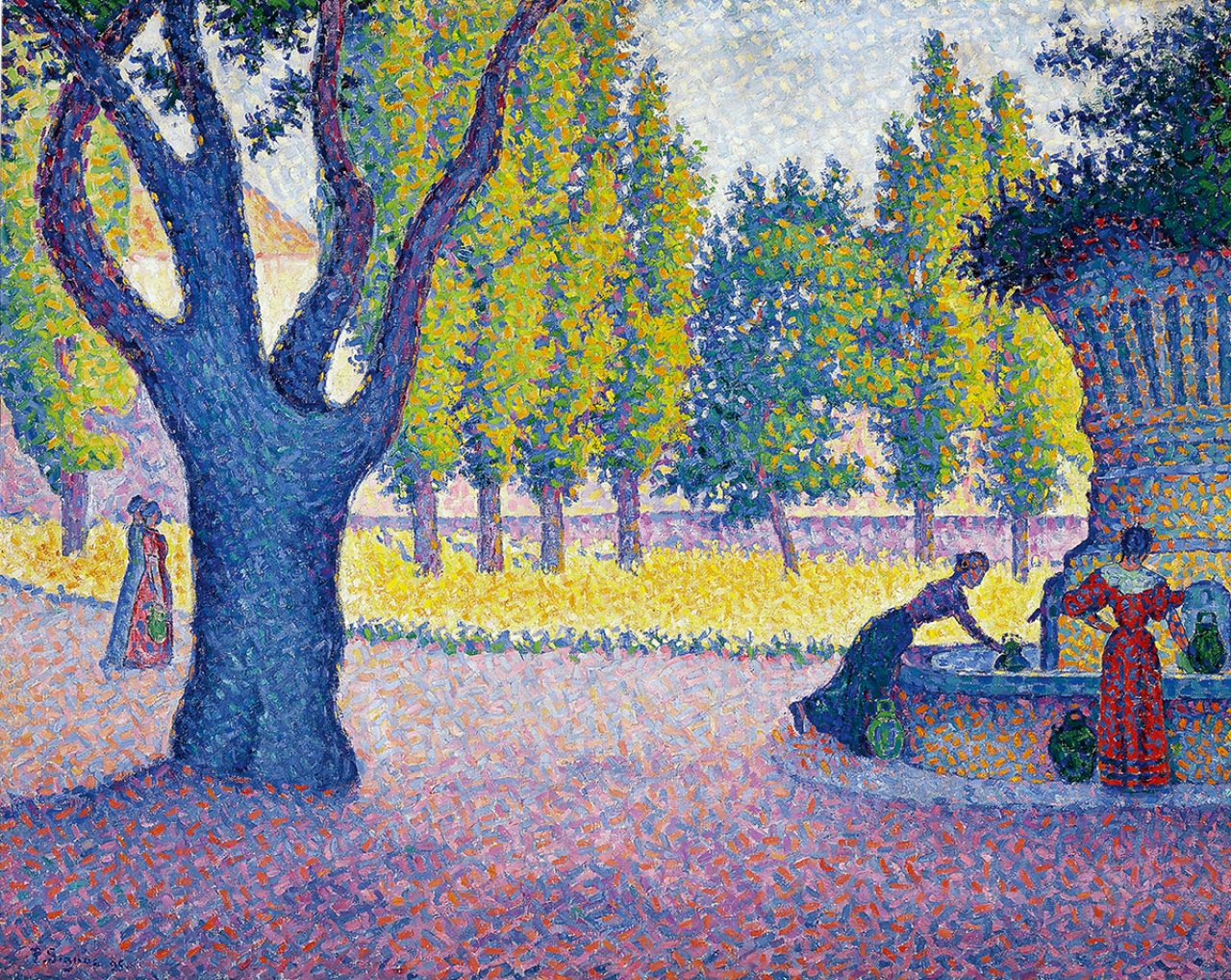
Paul Signac Saint-Tropez, Fontaine des Lices, 1895
Of course, Fin-de-siècle Paris was a time and place of political upheaval and cultural transformation, during which sustained economic crisis and social problems spurred the rise of radical left-wing groups and an attendant backlash of conservatism that plagued France throughout the late 1890s. In 1894, President Sadi Carnot fell victim to an anarchist assassination, while the nationally divisive Dreyfus Affair began with the unlawful conviction for treason of Alfred Dreyfus, an officer of Alsatian and Jewish descent.
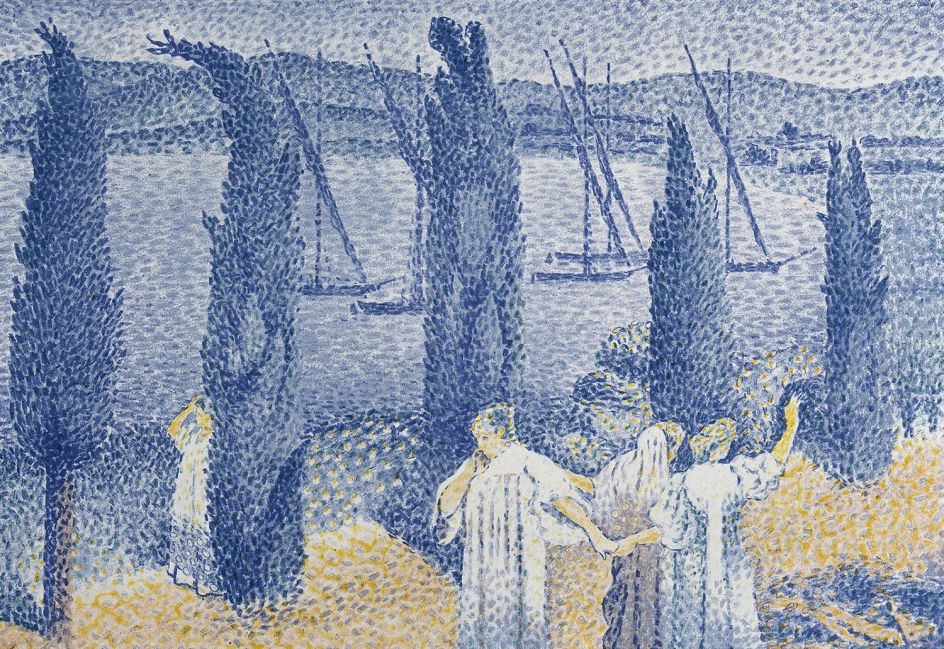
Henri-Edmond Cross The Promenade or The Cypresses (La Promenade or Les cyprès) 1897
![Maximilien Luce View of London (Cannon Street) (Vue de Londres [Cannon Street]) 1893 | ©Maximilien Luce, VEGAP, Bilbao, 2017](https://www.creativeboom.com/upload/articles/a9/a95d4be01b32f5d7061c30bdb239f4e4dd7c01fb_944.jpg)
Maximilien Luce View of London (Cannon Street) (Vue de Londres [Cannon Street]) 1893 | ©Maximilien Luce, VEGAP, Bilbao, 2017
![Théo Van Rysselberghe Kalf Mill in Knokke or Windmill in Flanders (Le Moulin du Kalf à Knokke or Moulin en Flandre]), 1894](https://www.creativeboom.com/upload/articles/ab/aba1d8c88e7d008f82fe52349b701a3af79993ce_944.jpg)
Théo Van Rysselberghe Kalf Mill in Knokke or Windmill in Flanders (Le Moulin du Kalf à Knokke or Moulin en Flandre]), 1894
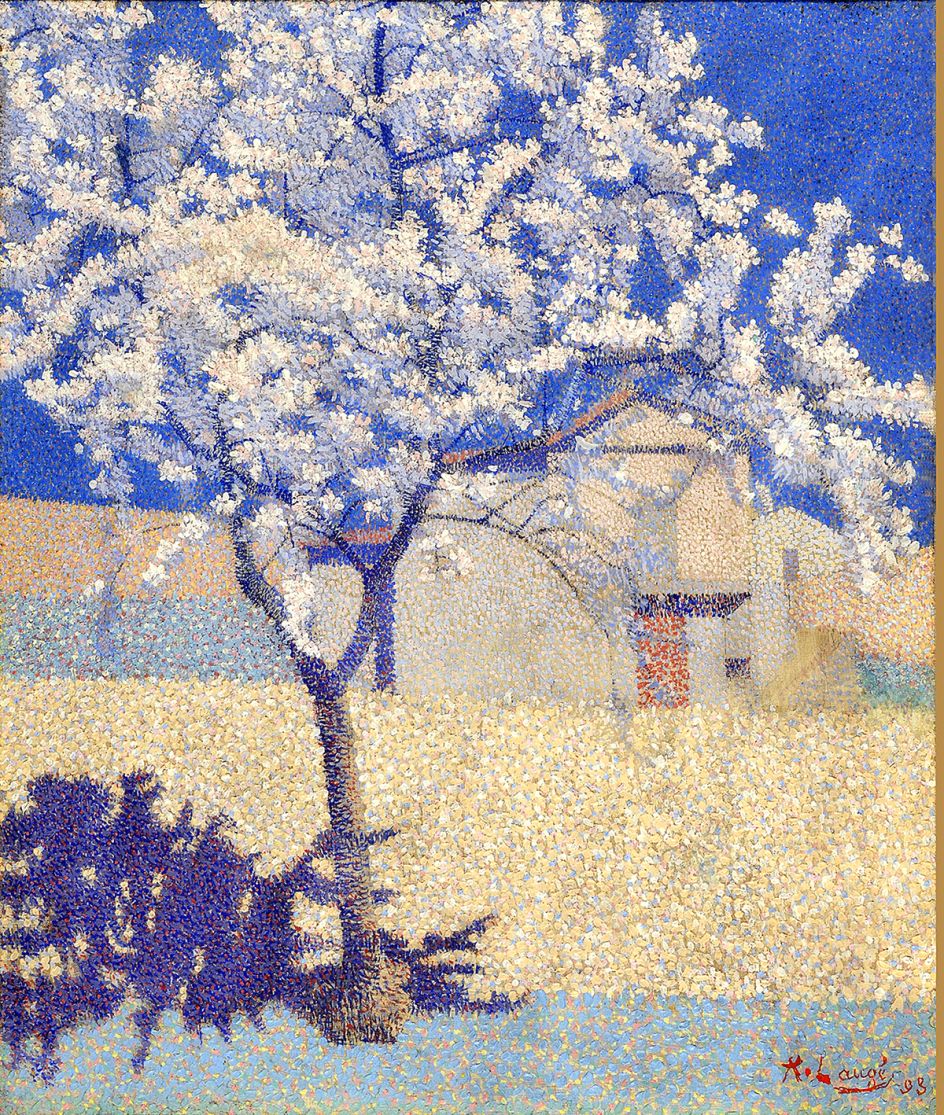
Achille Laugé The Flowering Tree (L'arbre en fleur), 1893 | © Achille Laugé, VEGAP, Bilbao, 2017
Such events exposed France’s social and political polarisation: bourgeois and bohemian, conservative and radical, Catholic and anticlerical, anti-republican and anarchist. Mirroring the facets of an anxious, unsettled era, this period witnessed a spectrum of artistic movements.
By the late 1880s, a generation of artists had emerged that included NeoImpressionists, Symbolists, and Nabis. Their subject matter remained largely the same as that of their still-active Impressionist forebears: landscapes, the modern city, and leisure-time activities. However, the treatment of these familiar subjects shifted and these scenes were joined by introspective, fantastical visions and stark portrayals of social life.
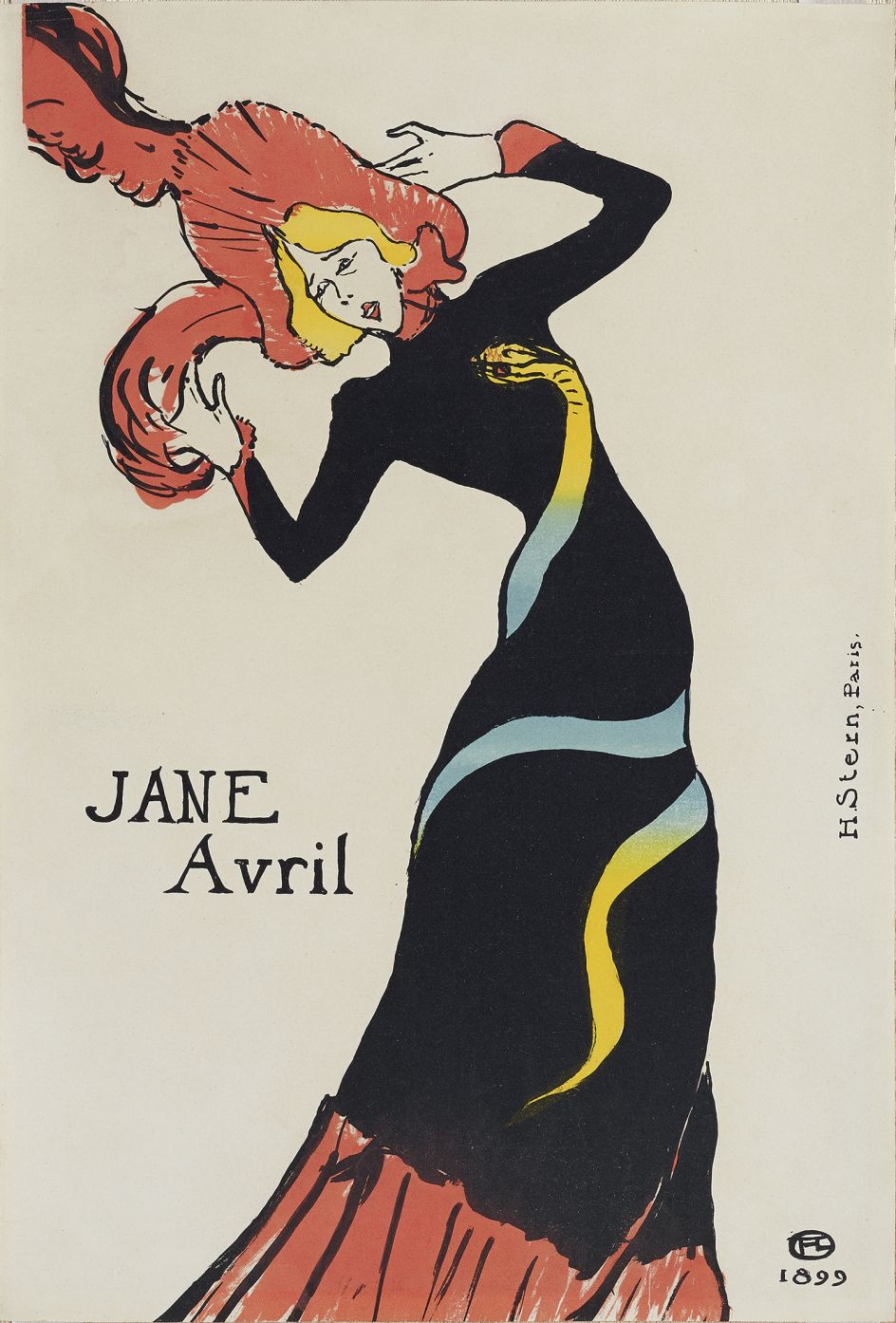
Henri de Toulouse-Lautrec Jane Avril, 1899
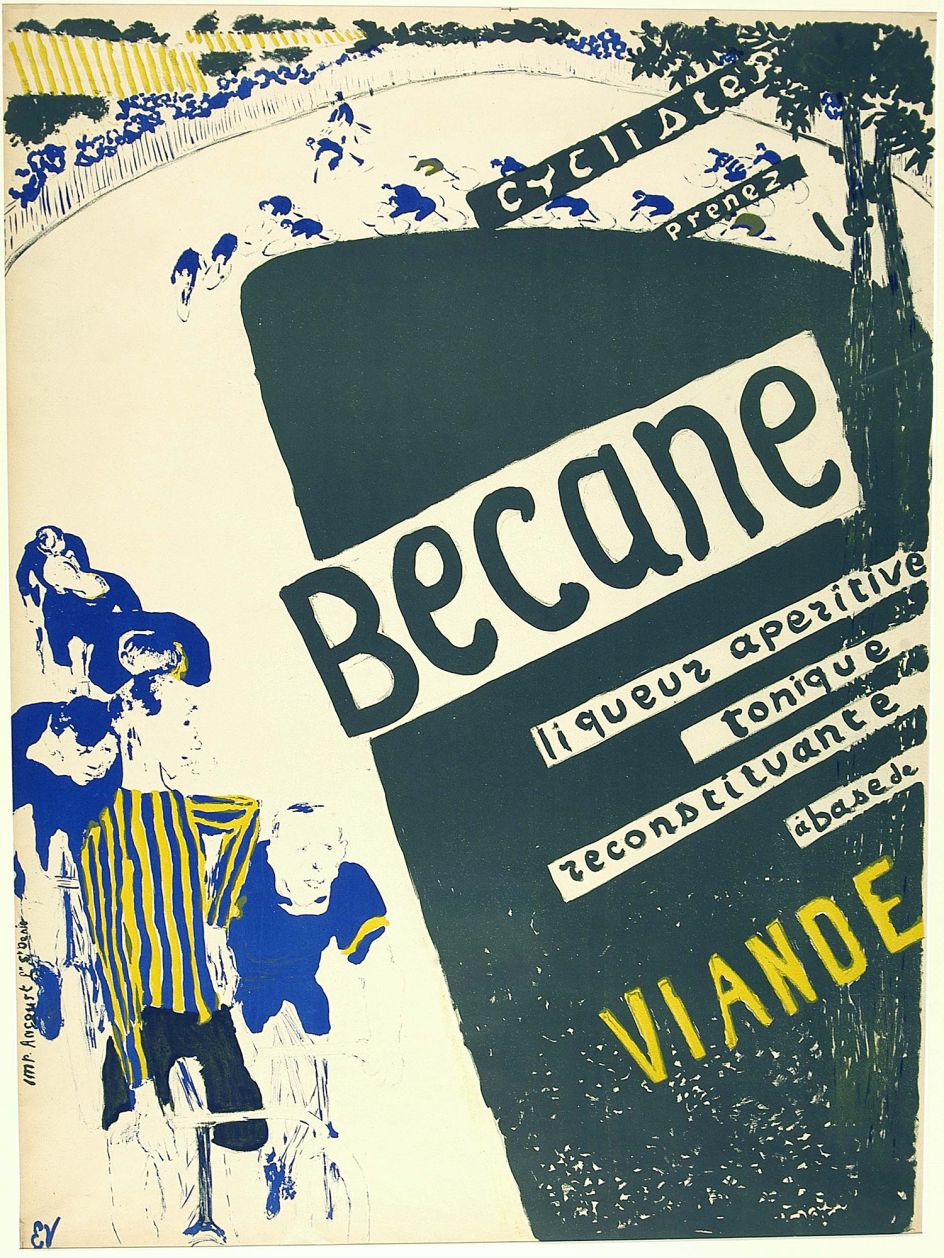
Édouard Vuillard Bécane, 1894 | © Édouard Vuillard, VEGAP, Bilbao, 2017
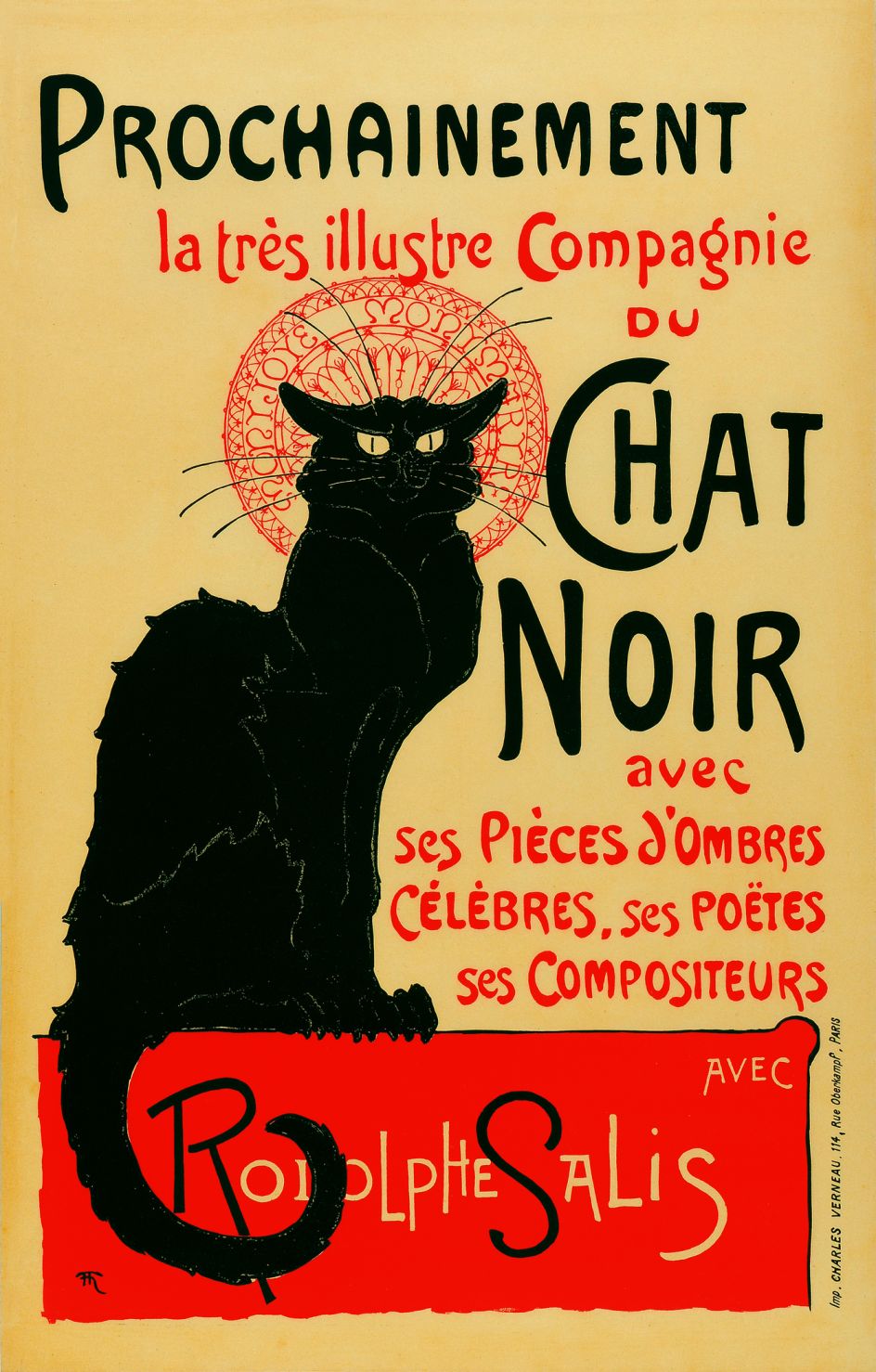
Théophile-Alexandre Steinlen The Very Illustrious Company of the Chat Noir (La très illustre Compagnie du Chat Noir), 1896
The exhibition, which takes place from 12 May until 17 September 2017, takes a closer look at these avant-garde movements, concentrating especially on some of the most prominent artists of that time: Pierre Bonnard, Maurice Denis, Maximilien Luce, Odilon Redon, Paul Signac, Henri de Toulouse-Lautrec, and Félix Vallotton.
The ambition to spontaneously capture a fleeting moment of contemporary life gave way to the pursuit of carefully crafted works that were anti-naturalistic in form and execution and sought to elicit emotions, sensations, or psychic changes in the viewer.
Despite their sometimes contradictory stances, these artists shared the goal of creating art with a universal resonance, and there was even overlap among members of the different groups. Surveyed together, the idioms of this tumultuous decade map a complex terrain of divergent aesthetic and philosophical theories, while charting the destabilising events at the brink of a new century.
Main image: Paul Signac Saint-Tropez, Fontaine des Lices, 1895




 by Tüpokompanii](https://www.creativeboom.com/upload/articles/58/58684538770fb5b428dc1882f7a732f153500153_732.jpg)


 using <a href="https://www.ohnotype.co/fonts/obviously" target="_blank">Obviously</a> by Oh No Type Co., Art Director, Brand & Creative—Spotify](https://www.creativeboom.com/upload/articles/6e/6ed31eddc26fa563f213fc76d6993dab9231ffe4_732.jpg)









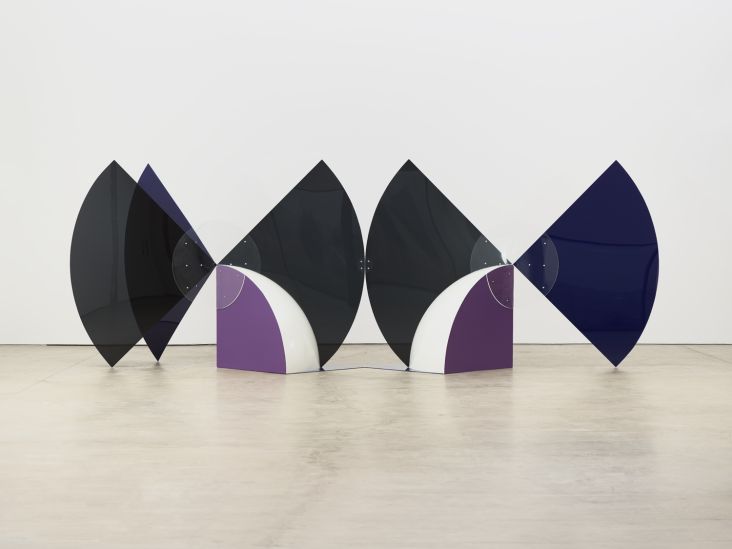
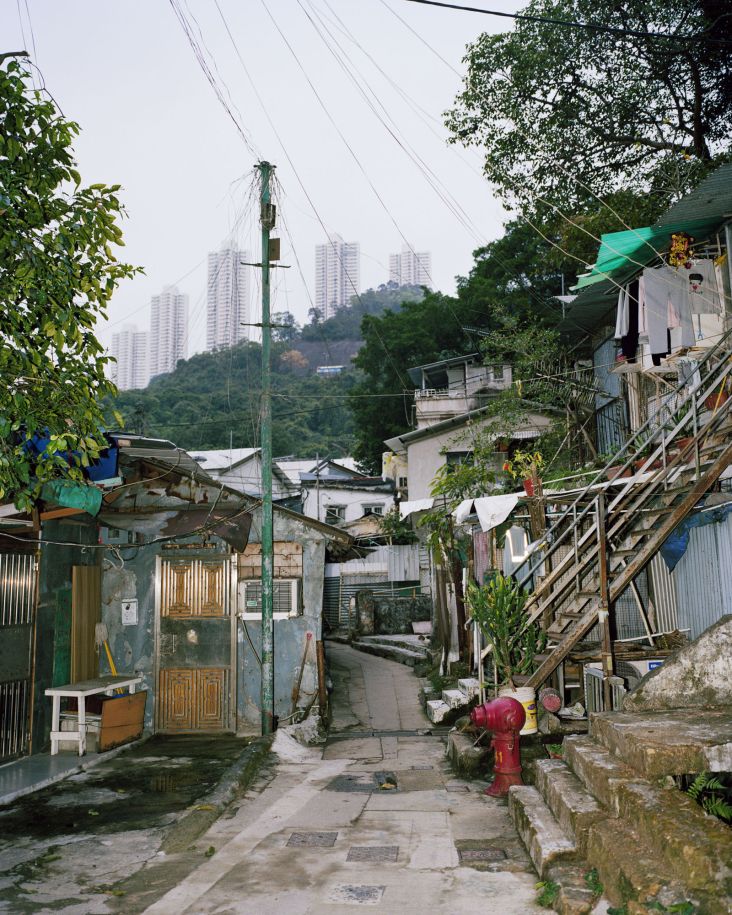
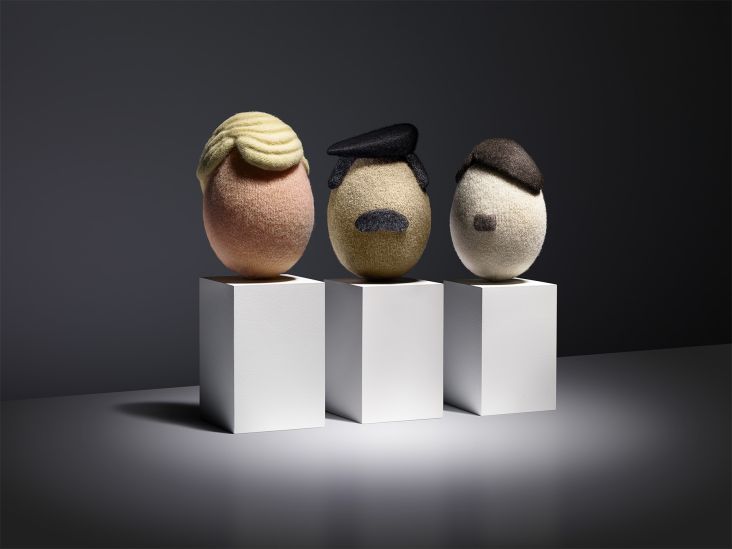
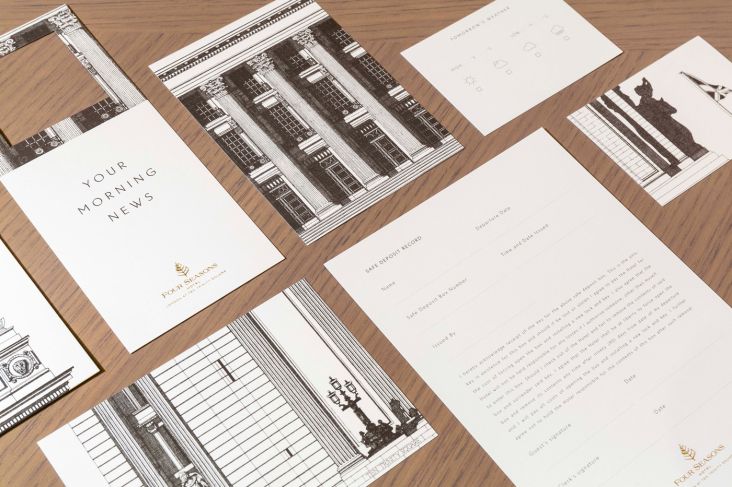
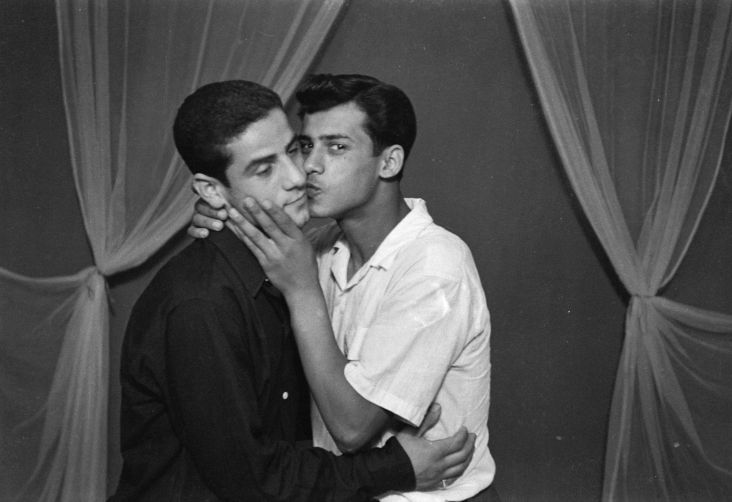
](https://www.creativeboom.com/upload/articles/43/43480b007f921fe9cb1551eac9ad39b6ee9232e2_732.jpeg)

